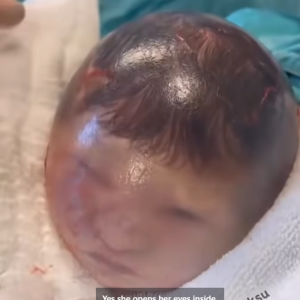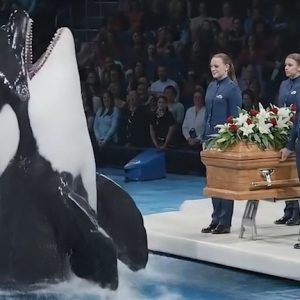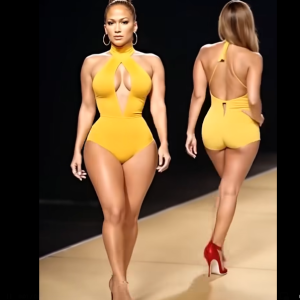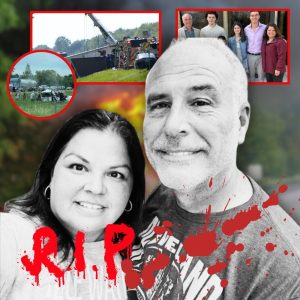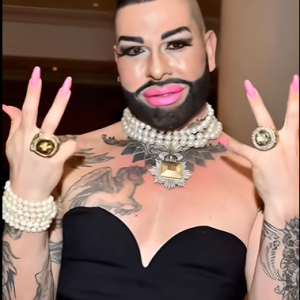They Judged My Biker Dad—Until They Saw Who He Really Was
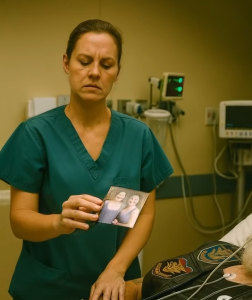
When my 68-year-old dad had a stroke after laying down his Harley to avoid a reckless driver, the ER staff didn’t see a hero—they saw a stereotype.
“Another organ donor who thought he was invincible,” a doctor muttered, unaware I was within earshot. Nurses exchanged glances at his leather vest, oil-stained jeans, and tattooed arms, never knowing the man behind the rough exterior.
But they didn’t know he was a decorated combat medic, a single father, and a volunteer who read weekly to kids with cancer. Or that he co-founded a nonprofit that raised millions for veterans with PTSD.
As he lay unconscious in the ICU, I vowed he’d be treated with the respect he deserved. The next morning, he surprised me—barely awake, he scrawled, “CHECK ON KATIE.”
Katie was a 7-year-old cancer patient he had promised to visit. Even near death, his first thought was of her.
I called the children’s hospital and his veteran biker group. Word spread. By that afternoon, the ICU began to shift—nurses smiled, a therapist brought a motorcycle magazine, and staff started calling him by name.
Then Katie arrived, surrounded by handmade cards. “Grandpa Road promised he’d be here,” she said, placing a stuffed dog named Brave beside him.
The room changed. The judgment faded. They saw him—not a biker stereotype, but a hero in leather.
That night, they treated him gently, with kindness. I stayed beside him, proud.
They finally saw him. And I wasn’t done yet.

